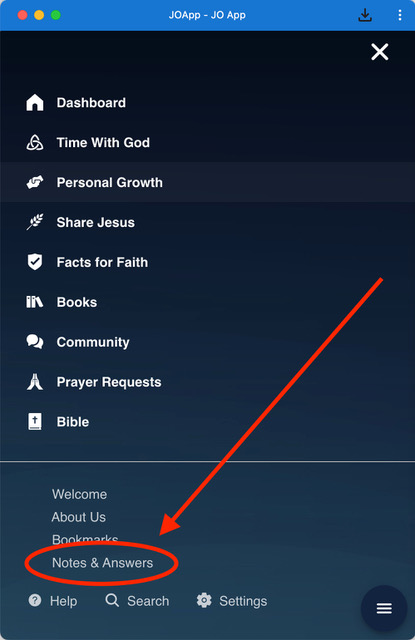If you downloaded JO App from Google Play (for Android) or App Store (for iOS), it is available only in English.
However, when you use the JO App web version, you can read its content in your language. This is possible because the JO App web version uses a web browser and functions like a website. [Translate]
- Open your web browser.
- Go to the JO App web version (app.jesusonline.com)
- Use your web browser’s translation feature
- Add the JO App web version shortcut to your home screen.
- Create your JO App account so that you won’t lose all the progress you have made.
To learn how to use your web browser’s translation feature, consult the developer’s helpdesk.
Some web browsers such as Google Chrome and Apple Safari can translate websites into different languages.



